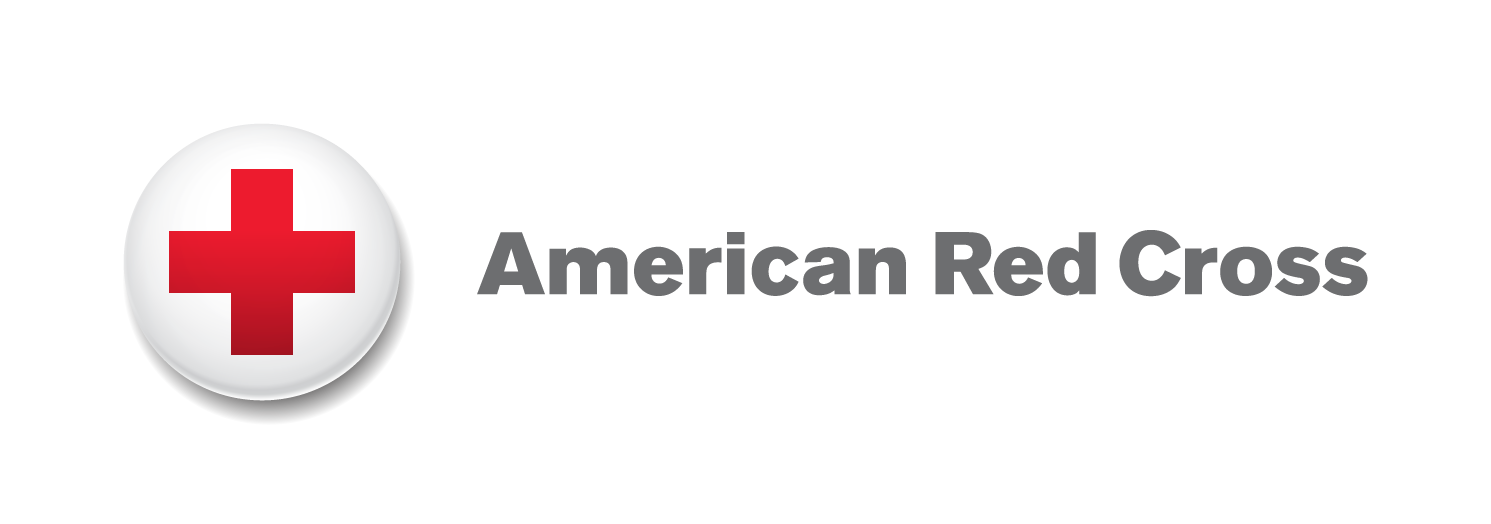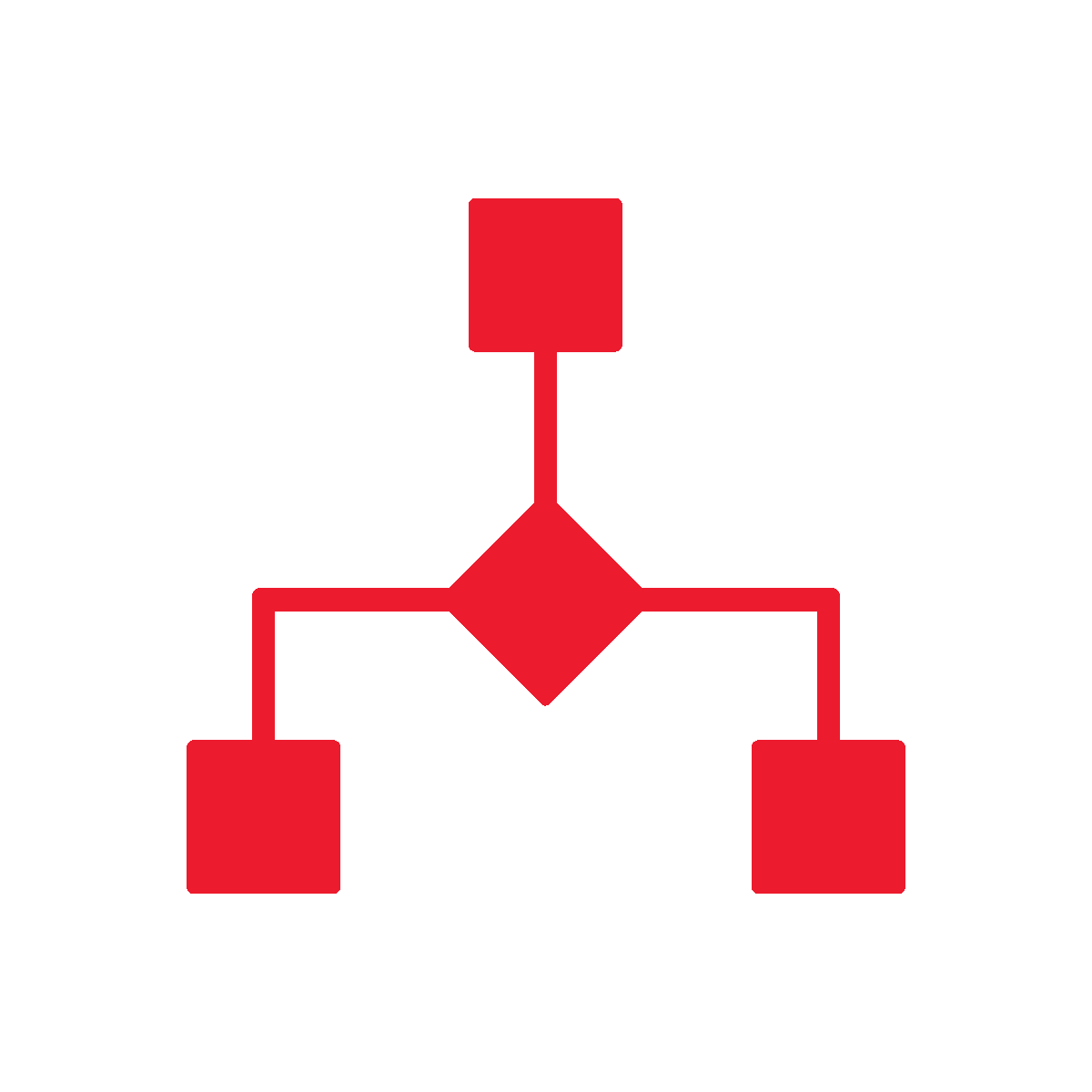
Your Home for Resources in DMERL
The Design, Monitoring, Evaluation, Research and Learning (DMERL) Framework provides the principles, guidelines, tools, and resources for DMERL practices in the project management cycle. The site also links to recommended e-learning courses to build competencies in DMERL and project management. These resources were developed and curated primarily for American Red Cross staff and partners, but they are also relevant to staff working throughout the Red Cross/Red Crescent Movement and the humanitarian sector.
Framework and Best Practices
DMERL in the Project Management Cycle
The Framework supports the entire project management (PM) process, from concept to close-out. Design, Monitoring, Evaluation, Research and Learning (DMERL) is essential to good PM, because it gives you the knowledge you need to build, implement, and improve your project. Concepts and tools are organized based on which phases they are most useful within the PM cycle so that you can access them at the right time. We have identified a role for DMERL in four PM phases - or as we are calling them: Design, Planning, Monitoring and Evaluation. Knowledge & Learning is at the center of the circle as an integral part of a continuous cycle of improvement with implications for how to work in each phase.
To go to a page for resources on DMERL in each phase of the Project Management Cycle, click on the icon or read more button.
Knowledge Management and Learning is at the Center of the Project Management cycle and part of everything we do.
Humanitarian programming work usually comes with rapidly moving, highly challenging context. Capturing and sharing knowledge can seem a luxury when problems are piling up or events are moving quickly in a crisis. But often the solutions for our future problems can be found in what we – or others – have already experienced.
There is another component of learning that encourages agile organizations, and that is generative learning. That is when we sense what is needed even when we do know have explicit knowledge, through listening and innovating. This component of learning is based on Peter Senge's Fifth Discipline and Otto Sharmer's Theory U.
To go to a page for resources on DMERL in Knowledge Management & Learning, click on the icon or go to the read more button.
Cross-cutting Themes
Important fundamentals run throughout DMERL and project management.
Frequently Asked Questions
Effective change comes from identifying the right problem, responding with the most relevant solution and adapting as you learn what works the best. DMERL is the integration of monitoring, evaluation, research and learning into the program design and management, from start to finish. The Framework helps project staff have the resources they need to do their jobs to manage quality humanitarian projects from inception to close out.
The Framework is a resource for anyone interested in building their DMERL competency for humanitarian response. The primary intended user is American Red Cross staff involved in project design and implementation. However, the Framework may also serve as a useful reference to the International Federation of Red Cross Red Crescent (IFRC), partner and host national societies and staff from other humanitarian organizations.
Successful projects are predicated upon competent project management: design that logically connects desired outcomes, detailed project planning, implementation that is routinely monitored by project teams, and outcomes that are studied for their effectiveness, sustainability, and impact. The Framework aims to imbed design and planning, monitoring, and learning into project management, ensuring our project teams understand their responsibilities in the project management cycle and have the necessary resources at hand to succeed through each phase.
